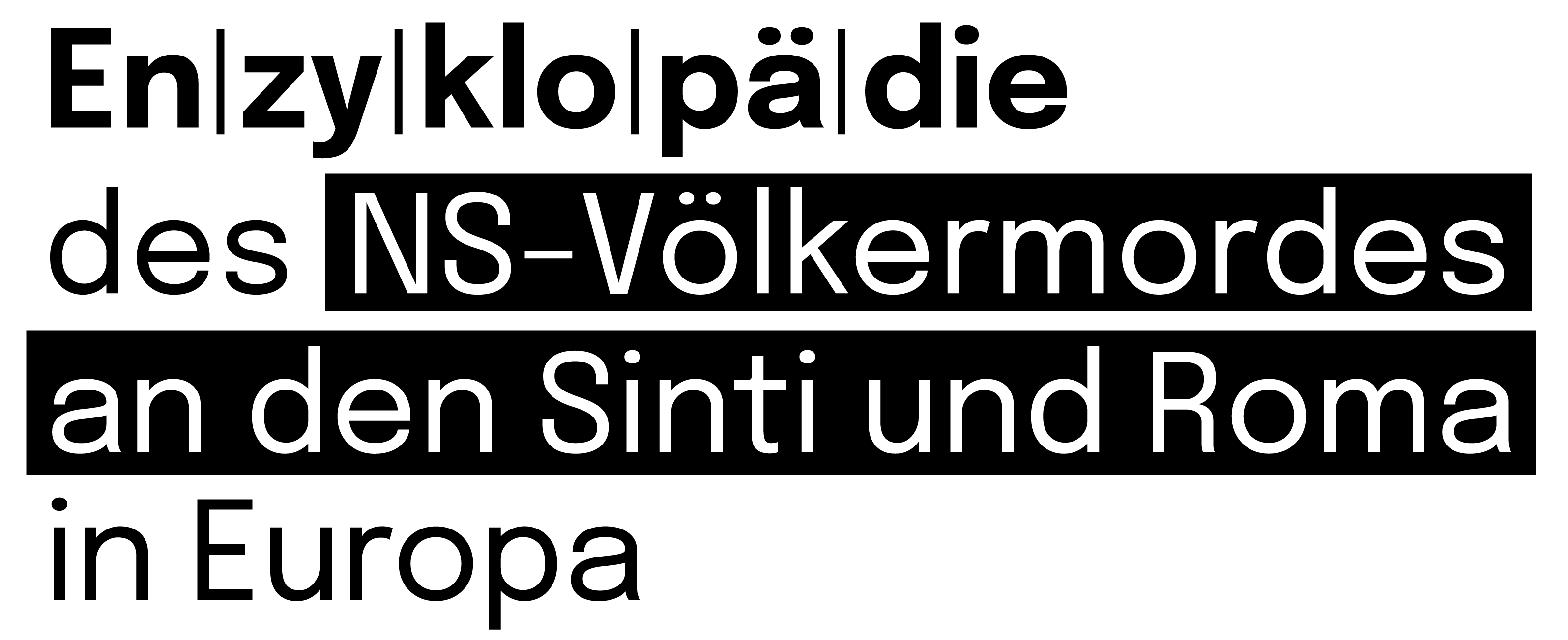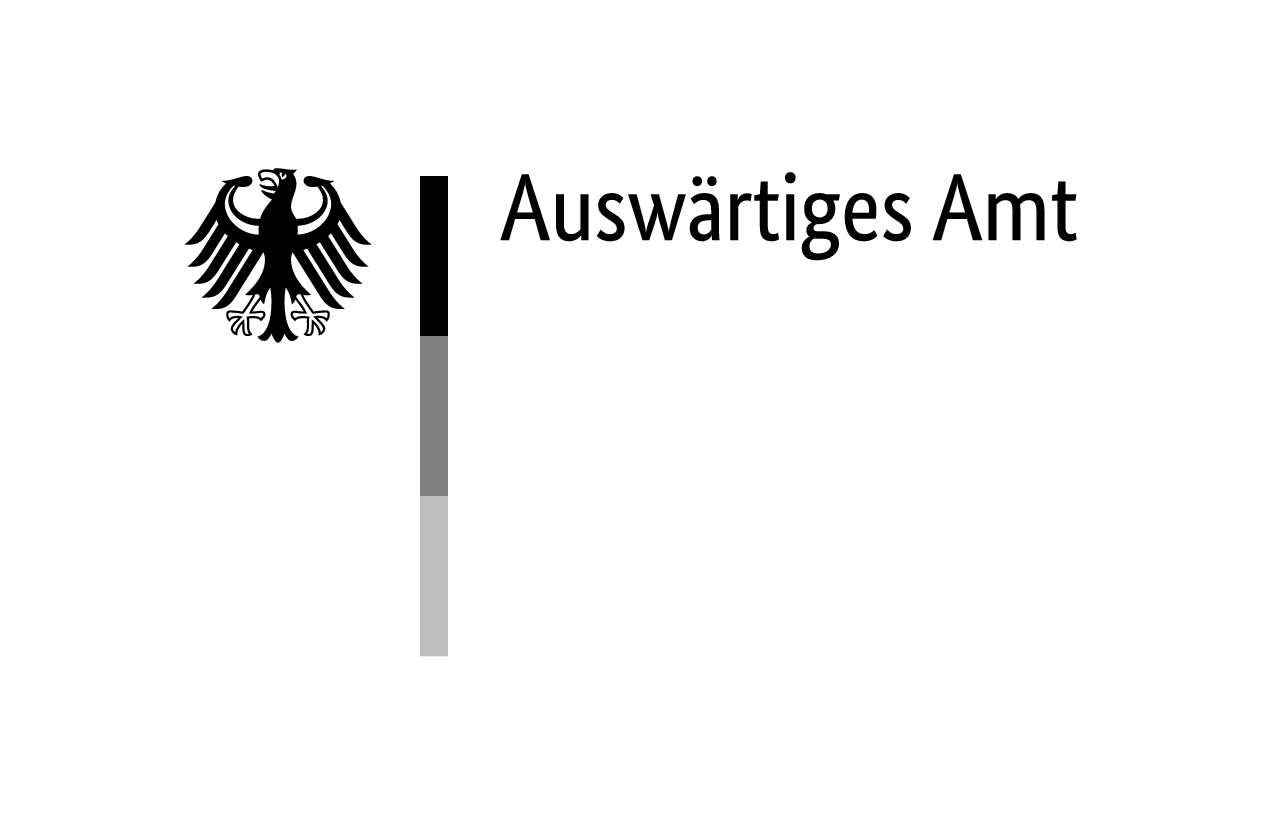By his own account, Nadir Dedić was born in 1928—his official papers state 7 May 1930—in the village of Žeravica near Mokrice (district of Bosanska Gradiška, Kingdom of Serbs, Croats and Slovenes). This biographical account is based mainly on the personal testimony which he gave to employees of the Jasenovac Memorial Site in 2004.1Jasenovac Memorial Site, 745: JSV DMZ – 3/07. Testimony Nadir Dedić (Transcript).
Imprisonment
Because of the conditions created by World War II, Dedić dropped out of school in 1941 and worked as a shepherd for a wealthy peasant in Brestovčina. After that, he worked for a local ethnic German in Nova Topola. While herding cattle in September 1942, he lit a fire which spread uncontrollably, and this led to his arrest on suspicion of collaborating with the partisans.
He was first interned in the Stara Gradiška camp, which was part of the Jasenovac complex, and then transferred to the central Jasenovac concentration camp. There he was fortunate to be considered a Muslim, not a Rom. For several weeks, he worked in the locksmith workshop as a cleaner, before he was released from the camp. He then returned to Žeravica and worked again as a shepherd.
Escape and Resistance
In October 1944, Dedić’s family moved in fear of Ustaša violence. With the help of partisans, they went first to Donji Šor near Podvorac and then to the village of Gornji Podgradci, where he and his family (as well as several other Roma families) were accommodated in an abandoned house. 2The information ‘Donji Šor near Podvorac’ is based on the transcript of the above-mentioned interview with Nadir Dedić; however, no places with these names could be identified in the area of interest.
In 2004, Dedić reported that the Roma who remained in Žeravica were killed on 22 October 1944 in the village of Mlaka, although according to other sources the site of the massacre was in Jablanac or Uskočke šume.3Miletić, Koncentracioni logor Jasenovac, Vol. IV., 350, 368, 372; Milišić, “Stradanje Roma,” 537. In total, he claimed to have lost 81 close and distant relatives, 34 of them in the Jasenovac concentration camp.
Nadir Dedić finally joined a partisan unit himself: the 20th Krajina Brigade of the 39th Division of the 6th Military District [20. krajiška brigada, 39. divizija, 6. vojna oblast]. He saw combat in Bosnia, Croatia, and Slovenia, mainly in the role of horse-leader in the partisan unit.
Aftermath
In the late 1960s, Nadir Dedić was one of the initiators of the construction of a monument in the village of Žeravica, which is dedicated to the Roma of Mokrice and Žeravica who had been murdered in 1944.
The monument, which was inaugurated in 1970, bears the inscription: ‘I, the eternal stone symbol, remind you dear visitor of the 611 Gypsies who fell victim to the fascist terror during the Great Liberation War from 1941 to 1945. The Association of the Fighters’ Union of NOR, Bos. [Bosanska] Gradiška.’ [Ja, vječni kamen simbol podsjećam te dragi posjetioče na 611 Cigana koji padoše kao žrtve fašističkog terora u toku velikog oslobodilačkog rata od 1941. do 1945. godine. Savez udruženja boraca NOR-a Bos. Gradiška].
Dedić was also an active member of the Jasenovac Round Table in 1986. In May 2019, he mentioned in an interview for the Croatian national television station ‘Nova TV’ that as a partisan he had killed an unarmed German soldier during the war.4‘S 13 godina priključio se partizanima: Vikali su, ajde ti naprijed. Ja krenem, a tamo Švabo s demižonom vina u rukama…’ [‘At the age of 13, he joined the partisans: They shouted, “Keep going!” I went, and there was a Swabian with a demijohn of wine in his hand…’], dnevnik.hr, 9 May 2019, https://dnevnik.hr/vijesti/hrvatska/na-obiljezavanju-dana-pobjede-antifasisti-izvizdali-izaslanicu-predsjednice—560147.html [accessed: 21/01/2025]. As a result, the Croatian Party of Rights [Hrvatska stranka prava] filed a complaint against him for having committed a war crime.5‘Stari partizan šokirao izjavom na televiziji: / Priznao da je kao maloljetnik ubio nenaoružanog njemačkog zarobljenika’ [‘An old partisan makes a shocking statement on television: he has confessed to killing an unarmed German prisoner as a minor’], 21 May 2019, https://net.hr/danas/vijesti/stari-partizan-sokirao-izjavom-na-televiziji-priznao-da-je-kao-maloljetnik-ubio-nenaoruzanog-njemackog-zarobljenika-2528e82a-b1c4-11eb-aaaf-0242ac130025 [accessed: 21/01/2025]. However, the case was seemingly not taken up by any court.
In his last years, he lived in a homeless shelter in Zagreb, but nevertheless occasionally participated in commemorations dedicated to the Roma murdered in Croatia and Europe. Nadir Dedić died in Zagreb on 13 June 2023.




